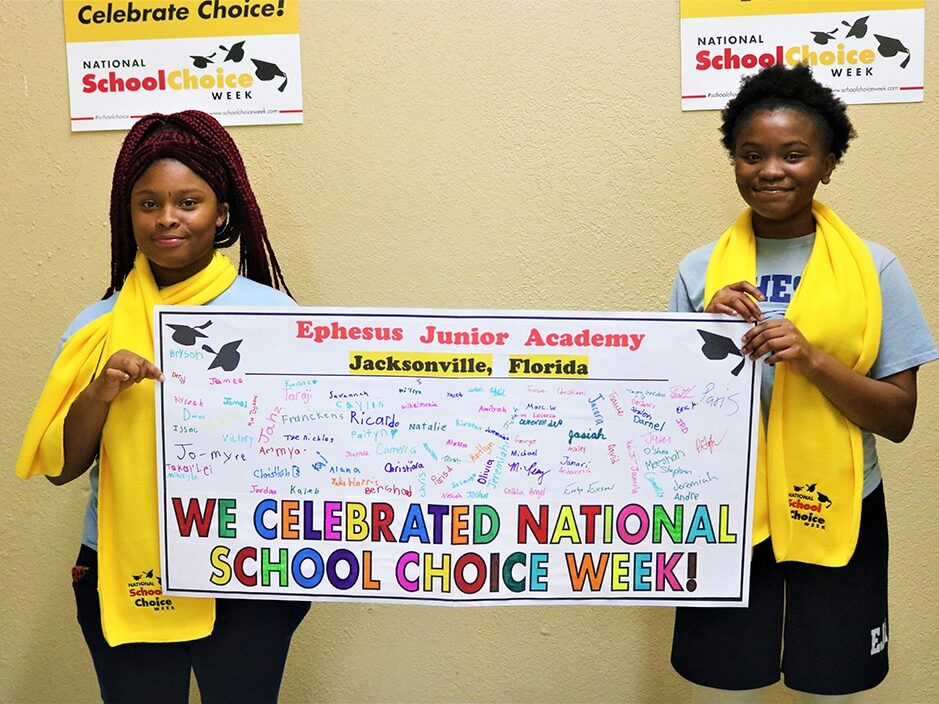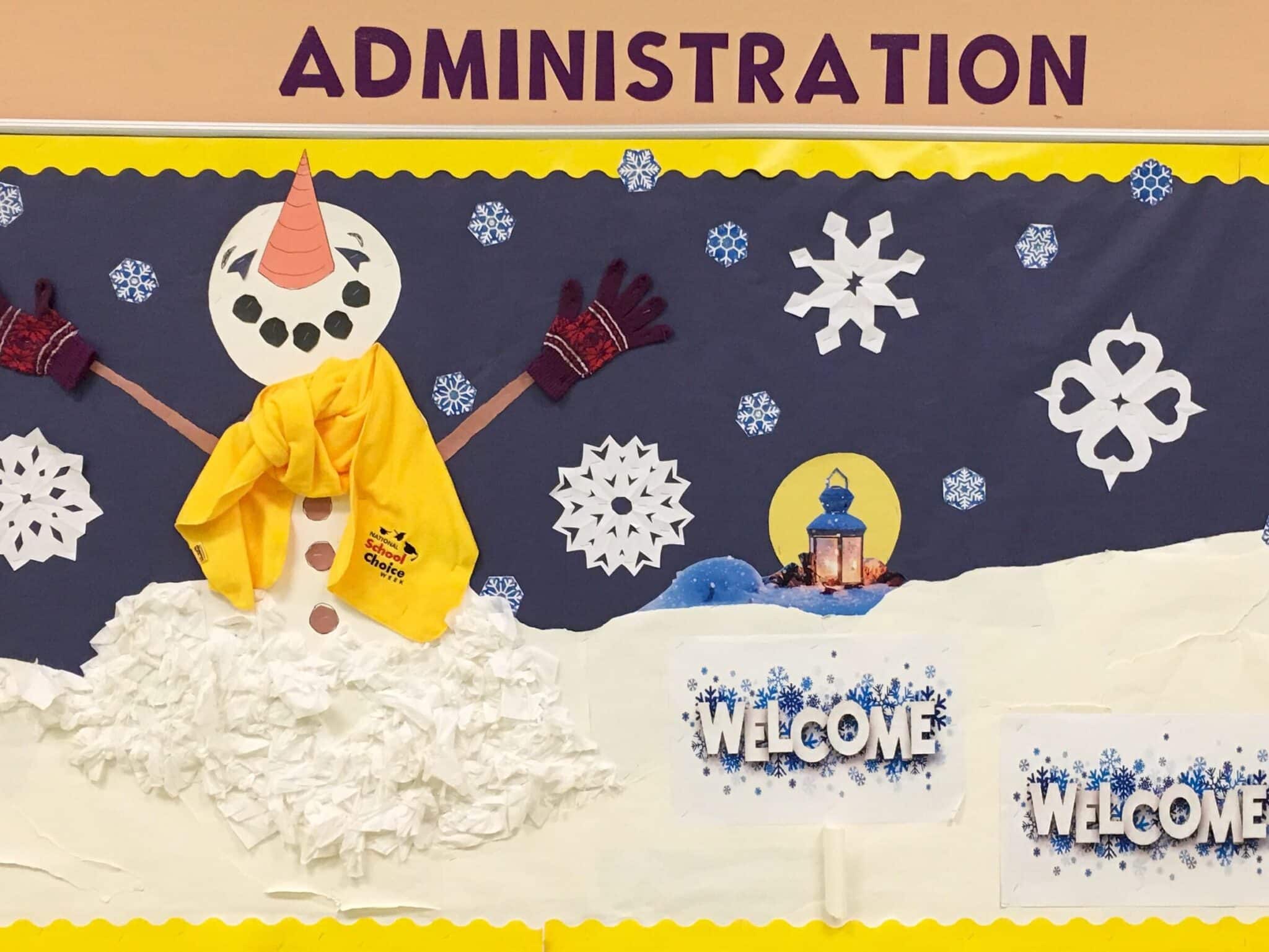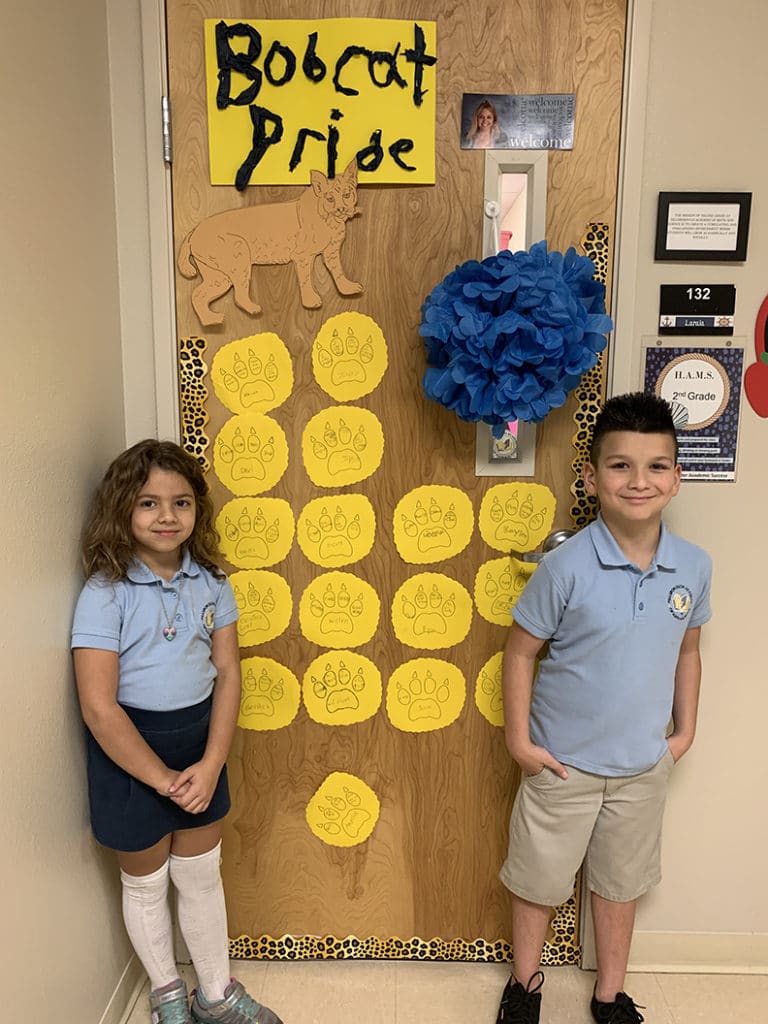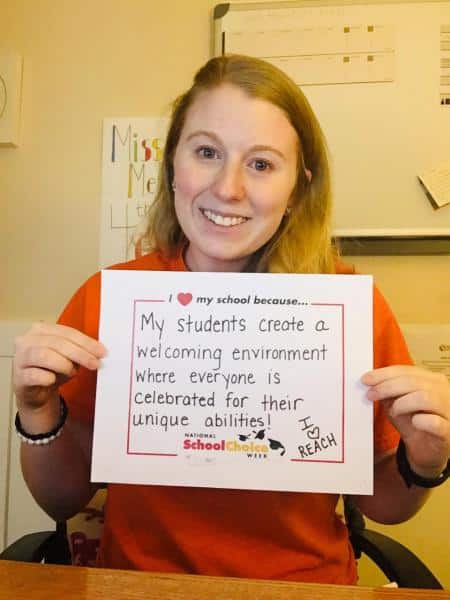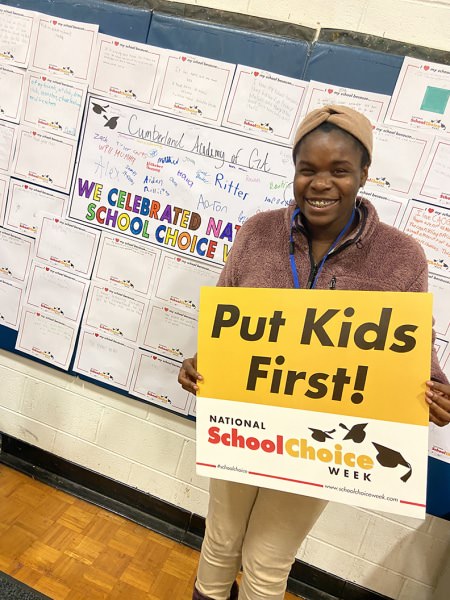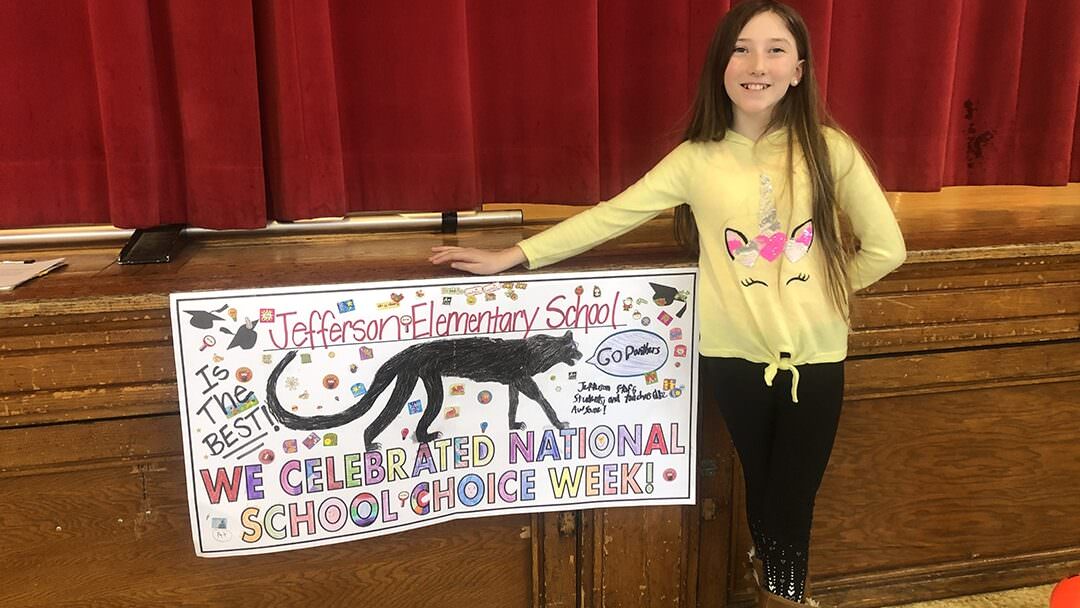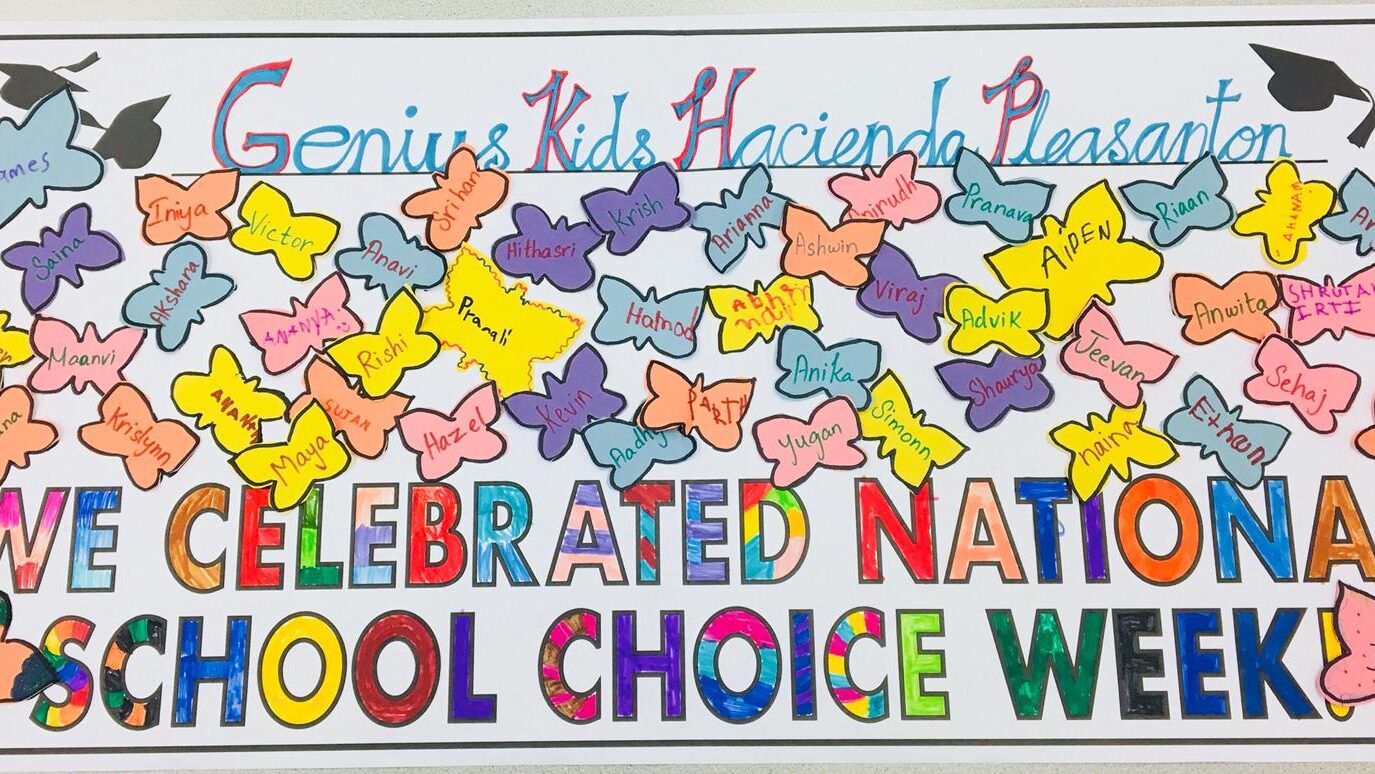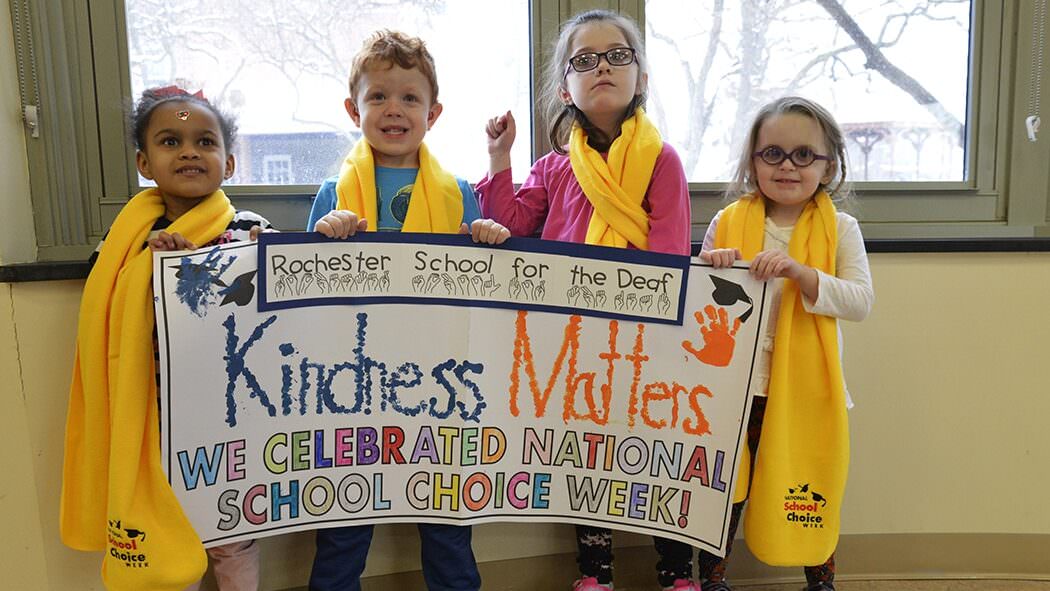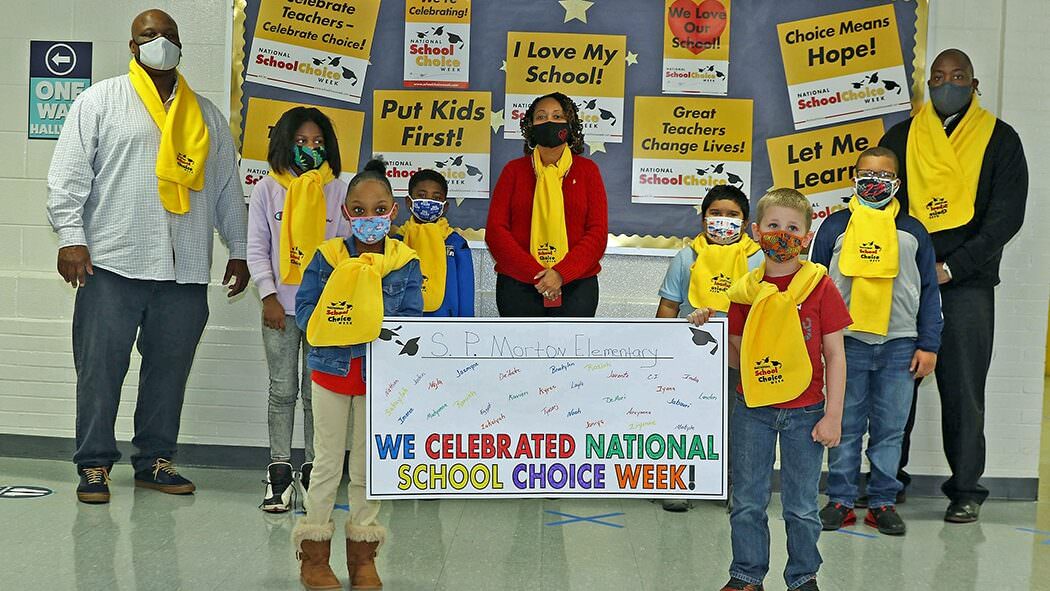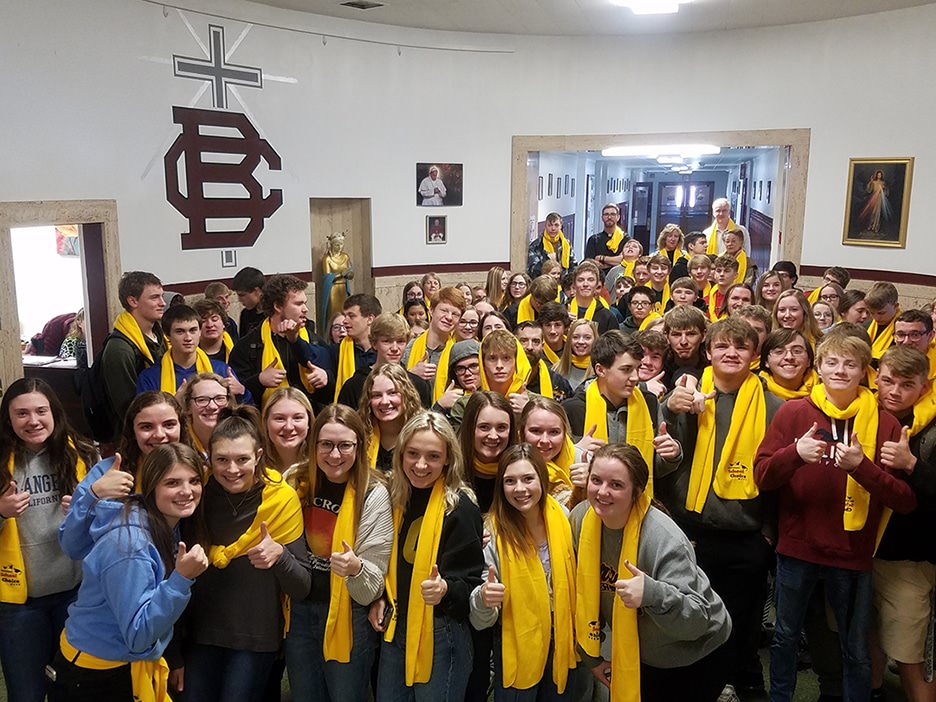Posted on Modified on Posted by National School Choice Week Team
How We Celebrated: Field Trip
One popular way that schools, homeschool groups, online learning communities, and families celebrate education during National School Choice Week is by going on a field trip.
Field trips can be fantastic opportunities for students to deepen friendships with classmates and engage in their local community. They also celebrate how learning can take place everywhere. Wearing School Choice Week’s signature scarves on the field trip can help students feel like a team and think about the impact that choice has made for them.
Selecting a place to visit and planning for chaperones, transportation, and other details will require some prep work. The result? A new, exciting adventure for students.
In Washington, for example, Olympic Christian School students celebrated learning during National School Choice Week 2020 with an all-school trip to the Pacific Science Center. Students had a chance to explore marine life, rockets, galaxies, and much more.



Meanwhile, in Virginia, the community at Virginia Virtual Academy celebrated National School Choice Week and ten years of online learning by field tripping to the state capitol in Richmond for a day of festivities. Students and parents received School Choice Week’s signature yellow scarves. After signing a School Choice Week banner, they enjoyed a commemorative group photo in front of the capitol building.
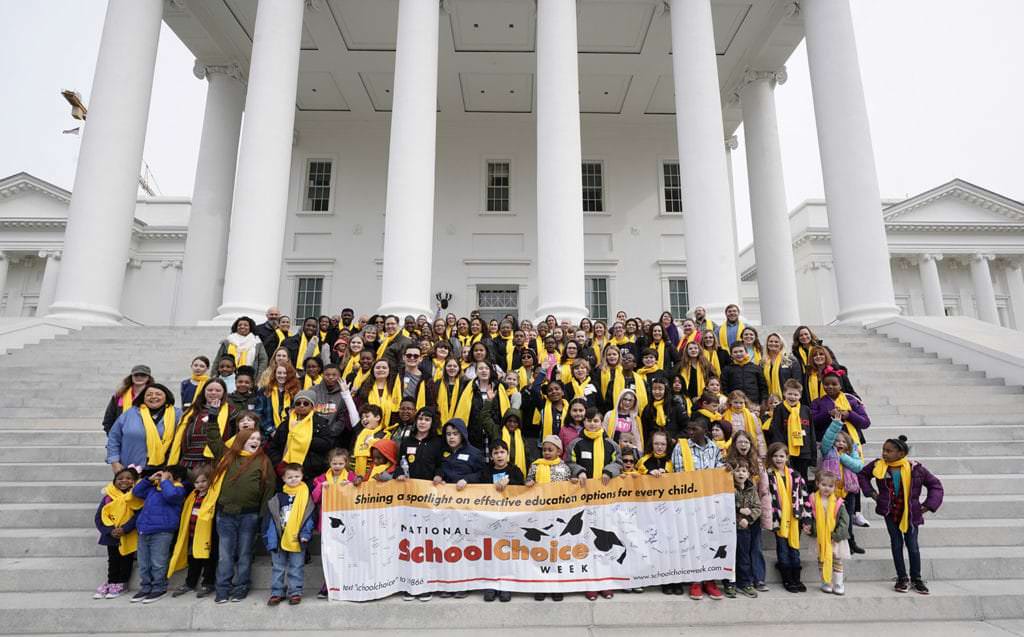


In Ohio, Emerson Academy of Dayton’s choral group students took an outing to Cincinnati during National School Choice Week 2020, where they had the opportunity to perform “God Bless America” at a professional hockey game. They didn’t forget to wear their National School Choice Week scarves!
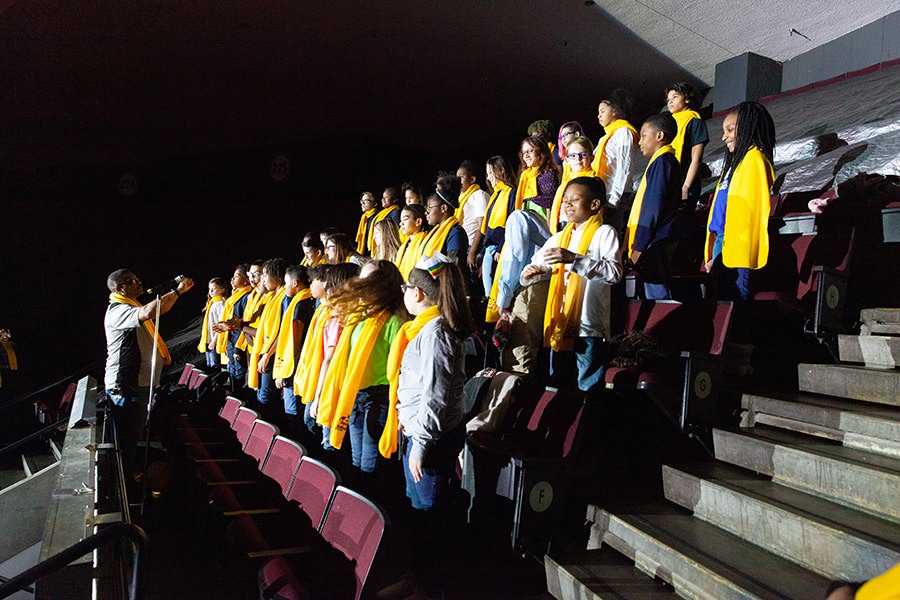

The bottom line is this: A field trip is more than a day of learning; it’s a lasting memory for students. You’ll need to develop and follow guidelines for meals, transportation, and more to make sure the trip runs smoothly. But the adventure will be worth it! Don’t forget to take photos and videos to share with families or local media.
How will you celebrate?
If you’re interested in planning a field trip or another special event this January, reach out to Mackenzie Mate at mackenzie@schoolchoiceweek.com.
For more celebration ideas, explore our Event Ideas and How-To Guides.








